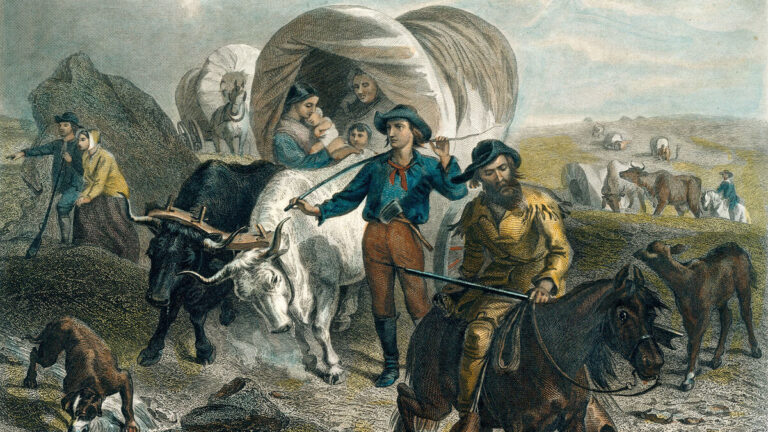
About One Day Seminars
3 in-person 90-minute primary source-based discussion sessions, partnered with local districts and schools around the country.
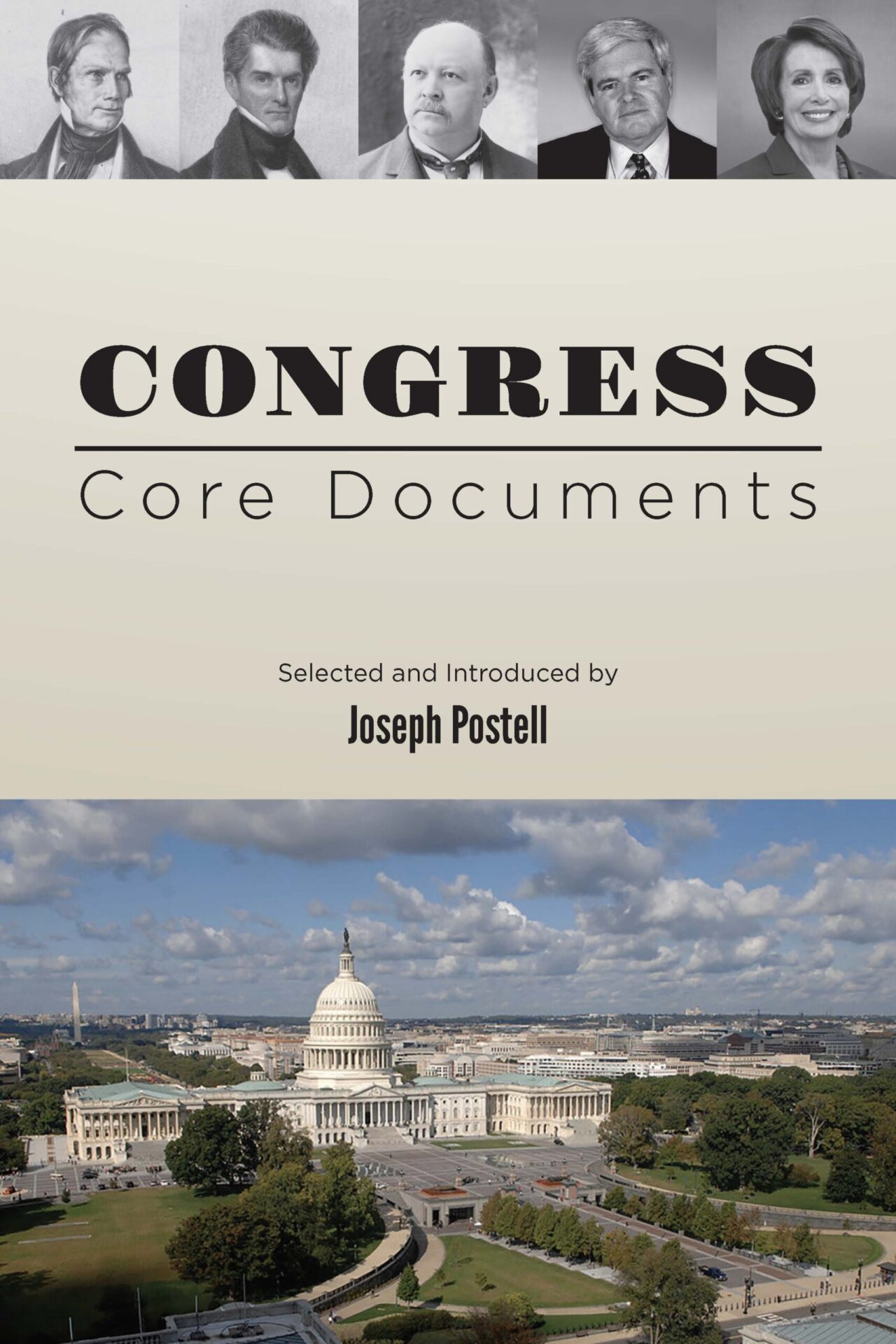
| Thumbnail | Variation Title | Price | Add to Cart Button |
|---|---|---|---|
|
|
Congress – PDF | $ 0.00 | |
|
|
Congress – Paperback | $ 12.99 | |
|
|
Congress – Bundle of 5 | $ 60.00 | |
|
|
Congress – Class Set of 25 | $ 250.00 | |
|
|
Congress – Class Set of 50 | $ 400.00 |
This collection of documents on the United States Congress continues the Ashbrook Center’s extended series of document collections covering major periods, themes and institutions in American history and government. The volume begins with commentary from those involved in the debate over the ratification of the Constitution on the nature of representation in the newly formed Congress; it ends with the reflections of two recent congressmen on the evolution of the powers and organization of that body. It covers not only the role of Congress in relation to the other branches of government (most particularly the presidency), but also in relation to political parties. Its documents explore the shifting leadership structures within the Congress as various political parties and personalities rose and fell over the course of American history.
This collection and its companion volumes—The American Presidency, Political Parties, The Judicial Branch, The Separation of Powers, and Federalism—will comprise a detailed account of America’s major political ideas and institutions. The document volume series will also include a collection of the most important Supreme Court decisions, as well as two volumes on the First Amendment. One will cover religious freedom and the other the freedoms of speech and assembly
Documents Include:
What Teachers Are Saying

Columbia University
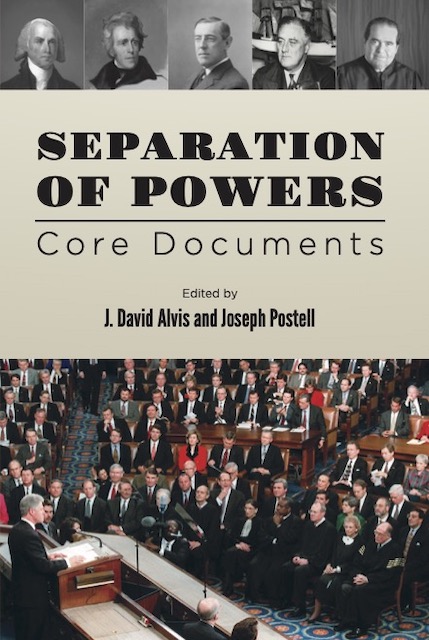
$0.00 – $400.00Price range: $0.00 through $400.00
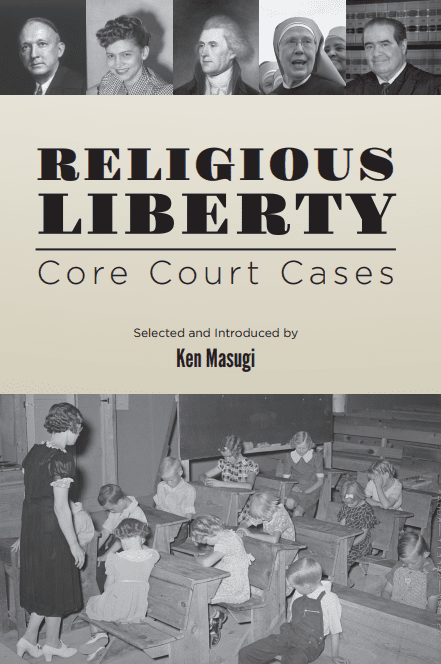
$0.00 – $400.00Price range: $0.00 through $400.00
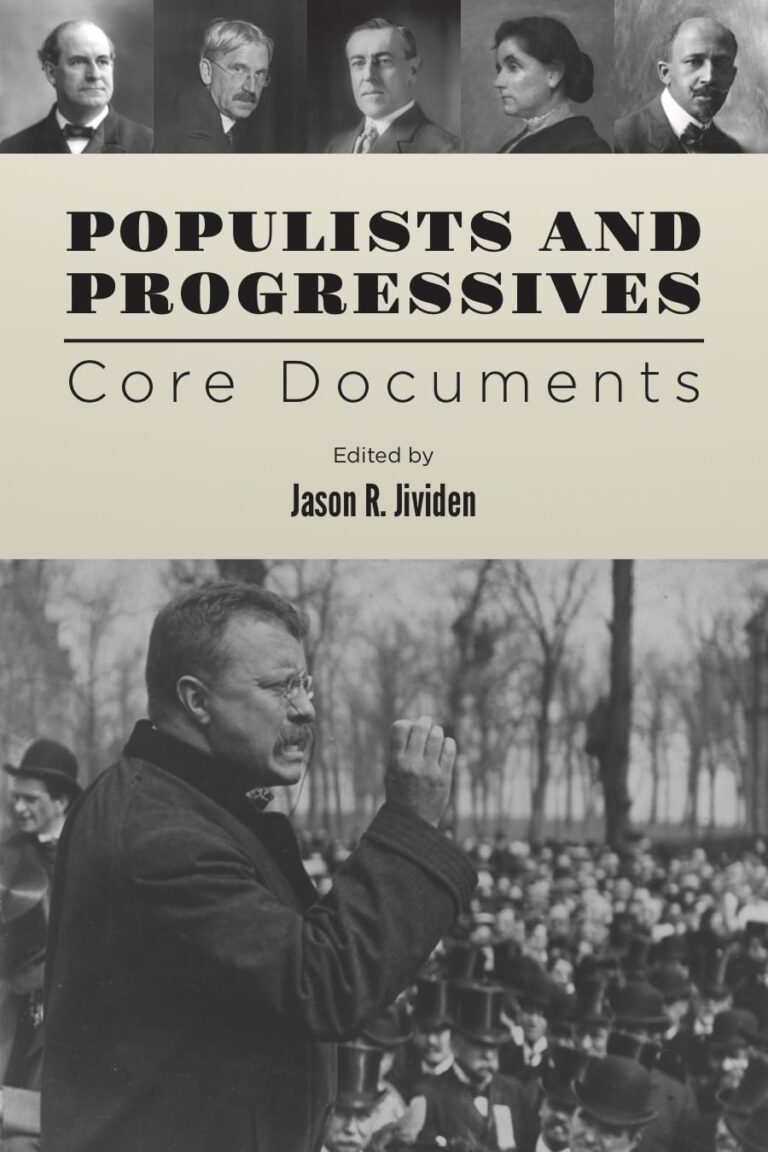
$0.00 – $400.00Price range: $0.00 through $400.00
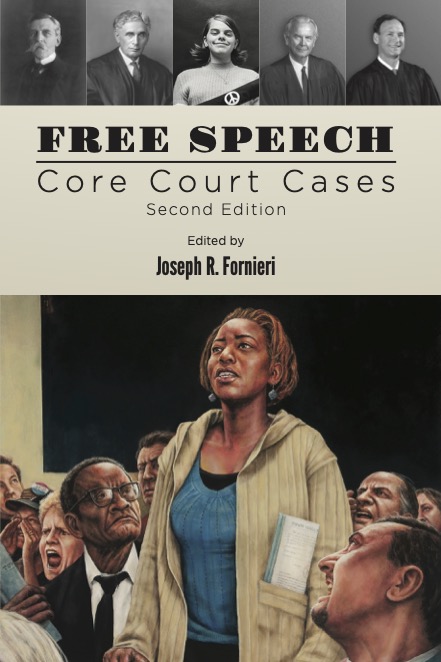
$0.00 – $400.00Price range: $0.00 through $400.00
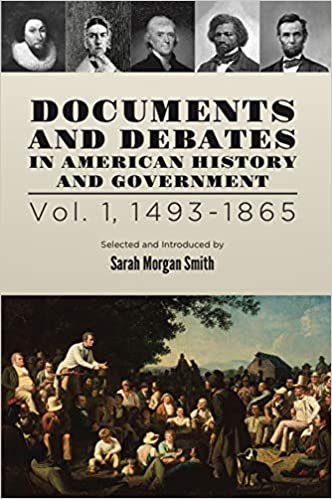
$0.00 – $400.00Price range: $0.00 through $400.00
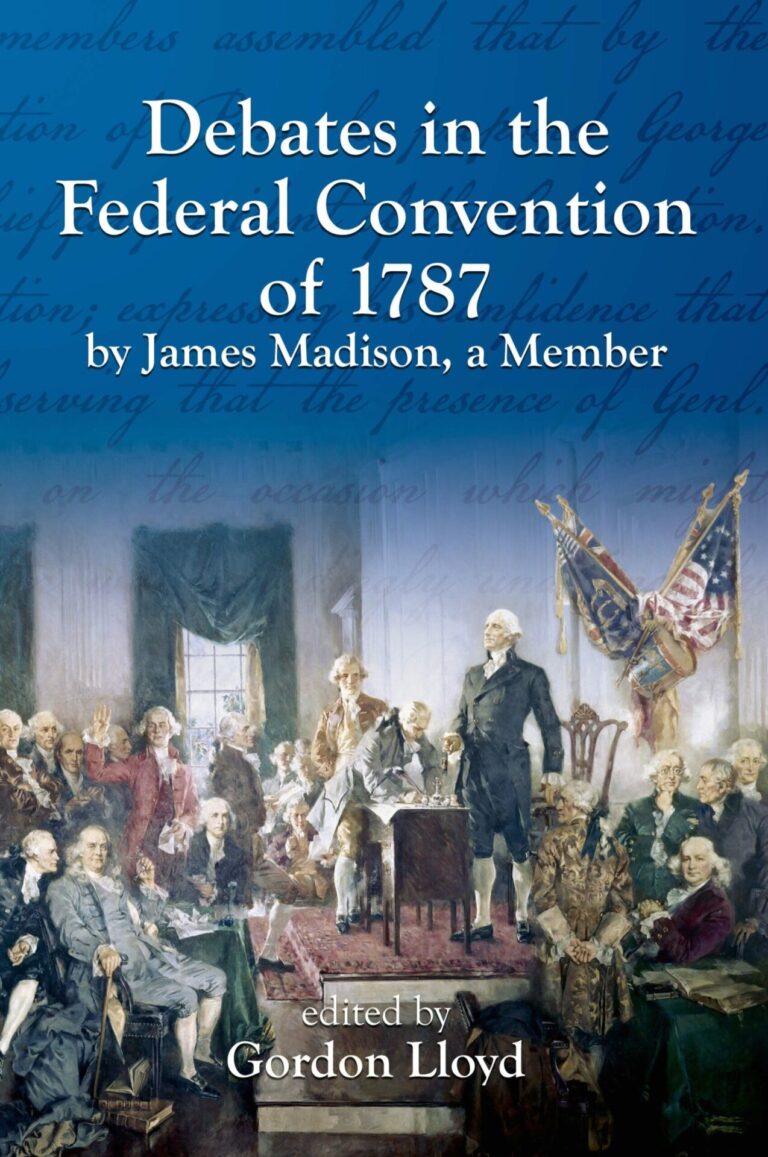
$0.00 – $400.00Price range: $0.00 through $400.00

3 in-person 90-minute primary source-based discussion sessions, partnered with local districts and schools around the country.
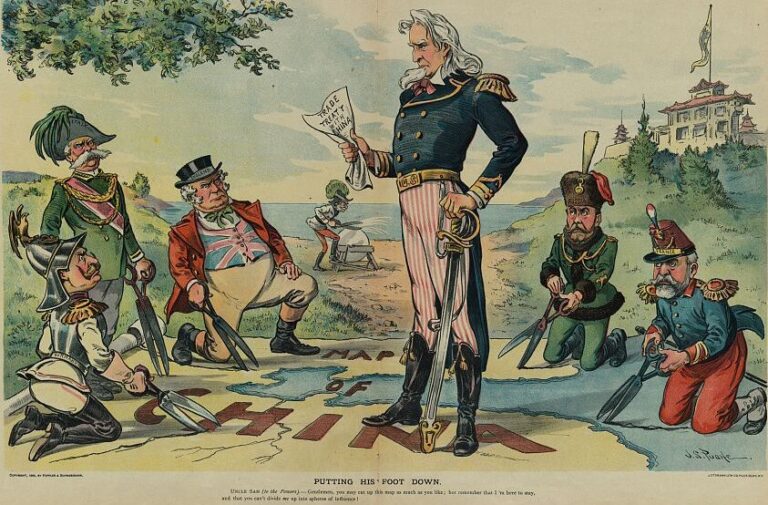
3 in-person 90-minute primary source-based discussion sessions, partnered with local districts and schools around the country.
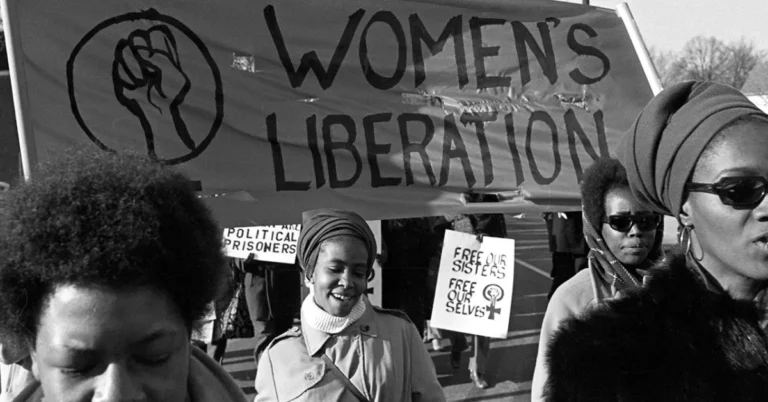
3 in-person 90-minute primary source-based discussion sessions, partnered with local districts and schools around the country.

3 in-person 90-minute primary source-based discussion sessions, partnered with local districts and schools around the country.
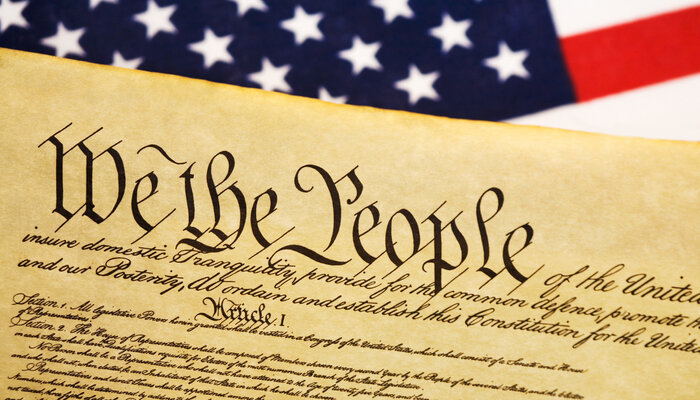
3 in-person 90-minute primary source-based discussion sessions, partnered with local districts and schools around the country.

3 in-person 90-minute primary source-based discussion sessions, partnered with local districts and schools around the country.
Subscribe to our eNewsletter.